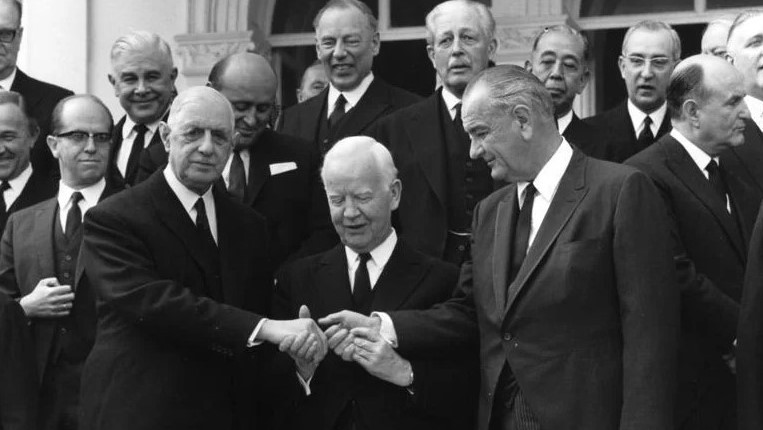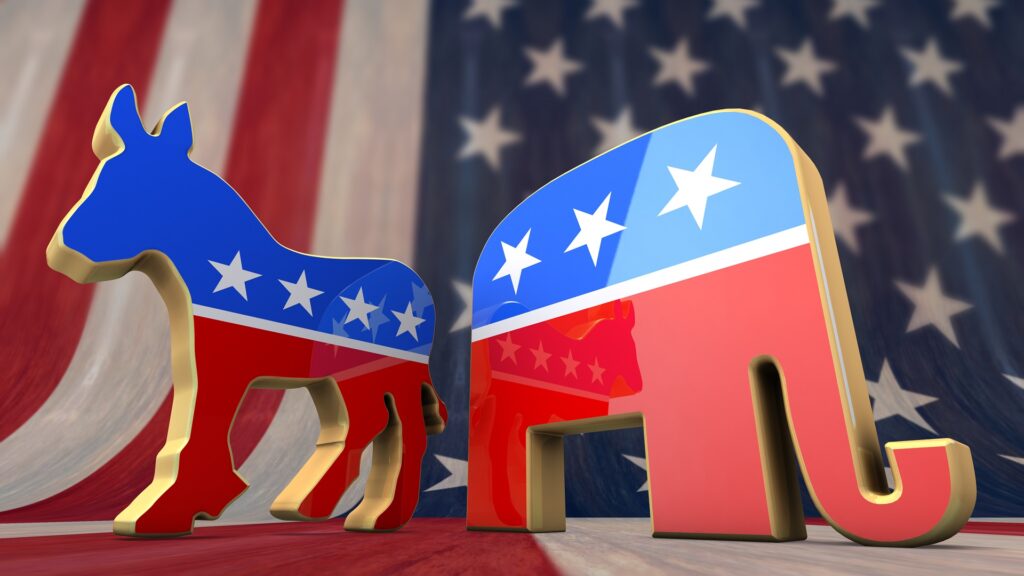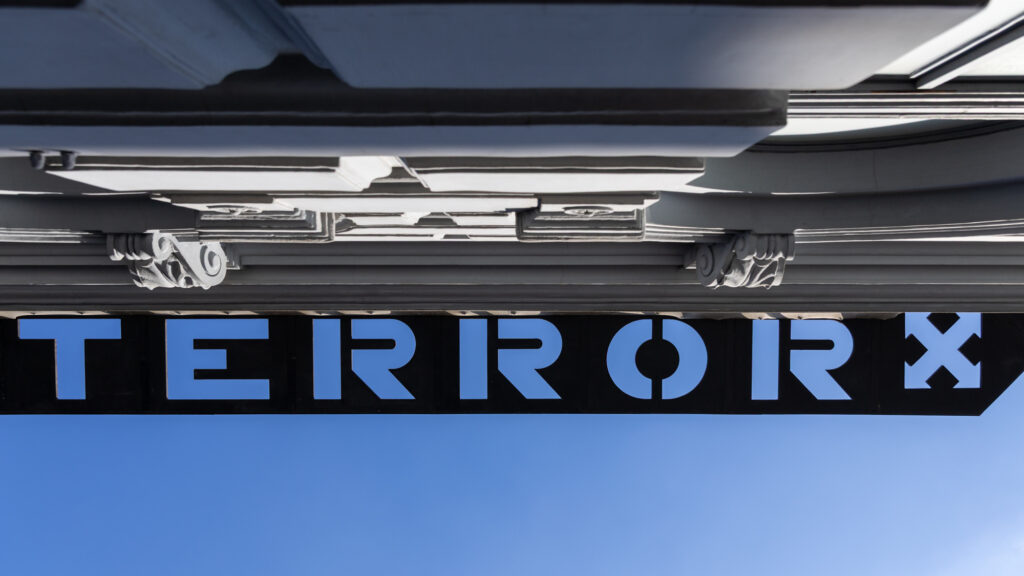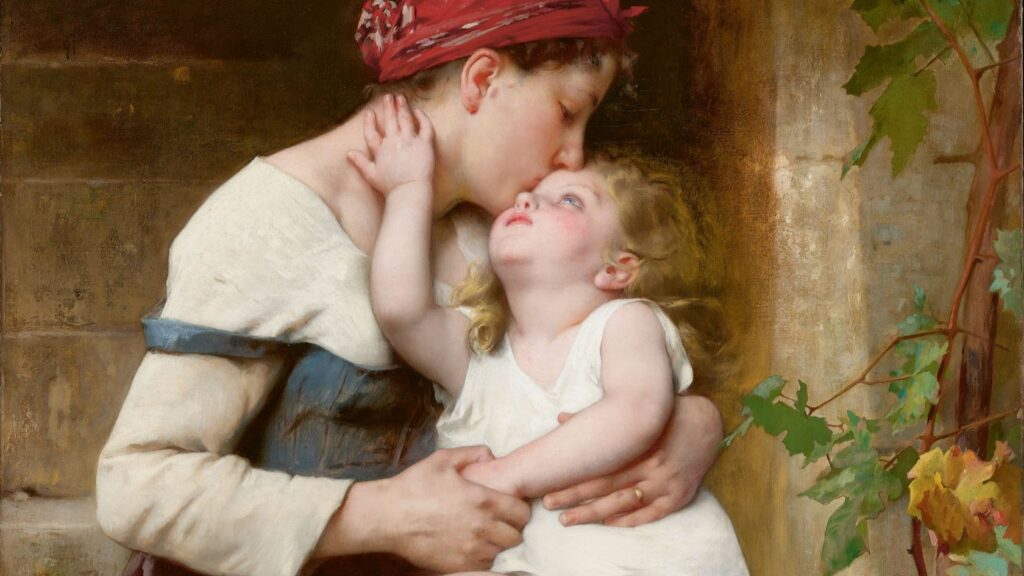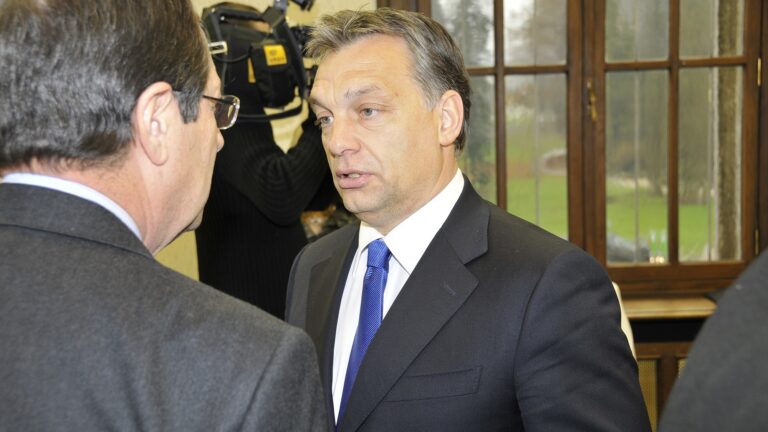Western allies, after having fought side by side in two world wars, formed a military and political alliance to counter the threat of communist expansion. While both political elites and broader society saw the Soviet Union and the newly established People’s Republic of China as the primary adversaries, there were differences in opinion on how the alliance should operate in the nuclear age. As key scientific fields progressed, polling techniques and statistical tools also evolved and improved. With surveys becoming increasingly accurate, politicians began to rely more heavily on the data they provided.
Hazel Erskine, an American communications scientist, published a series of polls in The Public Opinion Quarterly in 1969 based on previously classified reports from the United States Information Agency’s (USIA) Research and Reference Service. While many of the issues surveyed are no longer politically relevant, they remain of historical interest. Most questions originate from the 1960s, with some earlier data included to examine trends related to NATO and defence.
These studies were typically conducted by established research organizations, often linked to Gallup. The USIA usually delayed publication for several years. Unless noted otherwise, all figures reflect nationwide samples. Dates refer to when interviews were conducted, though in some cases they indicate the publication date.
In the following article, I will present the findings of these polls using interactive charts.
Geopolitical Context
In the late 1940s and 1950s decolonization accelerated across Asia and Africa. Britain granted independence to the Indian subcontinent in 1947 and gradually withdrew from the Middle East, parts of Africa, and the Caribbean. France’s colonial retreat was more dramatic: after its defeat in Indochina, it relinquished control of Vietnam, Laos, and Cambodia, and later Morocco and Tunisia. Between 1954 and 1962, France fought a war in Algeria and faced a coup threat in 1958, which led to de Gaulle’s rise to power. Paris requested NATO intervention in North Africa to protect French interests—an appeal rejected by Washington. As a consequence, in 1959 France withdrew its Mediterranean fleet from NATO command and expelled US nuclear weapons. The 1956 Suez Crisis further exposed the decline of European colonial influence, as the US and Soviet Union, despite being adversaries, jointly pressured Britain and France to withdraw from Egypt.
Following the 1962 Cuban Missile Crisis, Washington’s strategic thinkers emphasized securing influence in the Pacific and Asia, where they foresaw future geopolitical flashpoints. By the mid-1960s, despite Soviet suppression of uprisings in Eastern Europe, the US shifted military focus toward Vietnam and reduced its presence in Europe. Presidents Kennedy and Johnson, advised by Secretary of Defence Robert McNamara, believed that abandoning South Vietnam could trigger a domino effect of communist takeovers across Southeast Asia and elsewhere.
‘A 1953 NORC poll conducted in the US asked if France was doing its part for European defence. Only 20 per cent of Americans agreed’
In 1964 Johnson, elected on a platform of nuclear peace, launched the ‘More Flags’ initiative and sought NATO support in Vietnam, arguing that the effort aligned with European interests as well. In 1966, fearing entanglement in US conflicts and a loss of national autonomy, de Gaulle announced France’s withdrawal from NATO’s integrated military command. In a March letter, President Johnson stressed the alliance’s purpose: ‘If we act together for the common interest during peace, war will not come.’ France, while remaining a NATO member, removed its forces from unified command and expelled NATO bases from its territory, seeking strategic independence and developing its own nuclear arsenal.
Polls on National Participation in NATO
Public opinion surveys from the 1950s through the late 1960s help illuminate how these shifts were understood—if at all—by ordinary citizens in the US and Western Europe. A 1953 NORC poll conducted in the United States asked whether France was doing its part for European defence. Only 20 per cent of Americans agreed, 48 per cent disagreed, and 32 per cent had no opinion. The breakdown by education and political affiliation is telling. Among college-educated respondents, 68 per cent said France was not doing enough. Among Eisenhower voters, 59 per cent felt that France was failing its allies, compared to 49 per cent of Stevenson voters. From early on, France’s reliability was under suspicion, especially among educated and conservative Americans.
A decade later, the pattern persisted and even grew stronger. In a 1963 Roper poll, Americans were asked which Western European countries they considered the least reliable allies. France came out on top, mentioned more frequently than either Italy or Spain. Very few named countries aligned with the Soviet Union, indicating that doubts were focused primarily on NATO members themselves. Once again, education played a significant role: college graduates were much more likely to view France as unreliable than those with only a high school or grade school education. People with less education were also more likely to be unsure or disengaged—most of those with only grade school education gave no answer at all, in stark contrast to the more decisive college-educated group.
A March 1963 Gallup poll showed that among college-educated respondents, a striking 66 per cent said France could not be trusted; even among those with only primary education, that number was 43 per cent. Political affiliation followed a similar pattern: trust among Republicans declined from 33 per cent to 16 per cent, and among Democrats from 32 per cent to 17 per cent. In 1963, 39 per cent of Democrats believed France was not a reliable ally, a figure that rose to 52 per cent by 1966. Among Republicans, scepticism was even more pronounced: 39 per cent held that view in 1963, increasing to 61 per cent three years later. While criticism of France was bipartisan, Republicans were slightly more likely to express deep distrust.
In the United States, de Gaulle’s decision to leave NATO’s command was met with disapproval. A 1966 Harris poll found that only 7 per cent agreed with his view that NATO had outlived its purpose; 73 per cent disagreed. When asked about President Johnson’s assertion that NATO should continue ‘even without France’, 75 per cent of Americans agreed. By 1969, only 10 per cent of Americans believed de Gaulle had strengthened the Western alliance, while 55 per cent said he had weakened it.
The public’s views in Europe were equally complex—and in some cases, marked by profound disengagement. A startling proportion of citizens in allied nations were unaware of NATO’s function. In 1965, 15 years after NATO’s creation, 49 per cent of Britons, 44 per cent of West Germans, 61 per cent of French, 73 per cent of Italians, and 31 per cent of Belgians had no opinion on NATO or had never heard of it. French scepticism was enduring: USIA polls from 1956 to 1965 showed that no more than 10 per cent of French respondents ever said NATO was in a ‘healthy condition’.
In April 1966 USIA conducted a survey across European capitals to gauge public opinion on alternatives to NATO after France withdrew from the alliance’s integrated command. The strongest support for maintaining NATO’s integrity without France came from Oslo, Amsterdam, and Frankfurt, reflecting a clear pro-NATO stance, especially in regions closer to the Iron Curtain. Meanwhile, Rome and Amsterdam showed considerable interest in creating a new organization that would still include the United States, pointing to a continued desire for American protection, even outside NATO’s structure. Paris, by contrast, was the least supportive of NATO’s continuation—almost no respondents backed NATO without France, while many favoured bilateral treaties that left out the US, echoing de Gaulle’s push for strategic independence. Uncertainty was widespread, with a high number of ‘don’t know’ answers in Copenhagen, Paris, and Brussels, revealing public confusion or disengagement during a critical juncture for the alliance. Altogether, the findings highlighted both the enduring commitment to collective defence and the mounting strain caused by France’s shifting position.
In May 1966 an IFOP survey revealed that 39 per cent of French citizens approved of General de Gaulle’s NATO policy, compared to 27 per cent who disapproved and 34 per cent who expressed no opinion. The data suggest a modest shift toward support for de Gaulle’s stance, yet also highlight widespread uncertainty or disengagement among the French public on the issue.
Conclusion
The geopolitical shifts of the 1960s reshaped the strategic priorities of both Europe and the United States. While American policymakers’ attention focused on Asia, many Europeans were concerned with the security within the continent, especially near the Iron Curtain. While Americans generally supported a strong NATO and distrusted France’s independent path, European responses were more fragmented and often marked by a preference for looser cooperation. In countries distant from the Iron Curtain, such as France and Italy, many people were either unaware of NATO’s role or reluctant to voice their opinions, revealing a disconnect between elite strategy and public understanding. The presented polls show the complexity of maintaining a unified alliance in a democratic way amid the Cold War.
Related articles:

